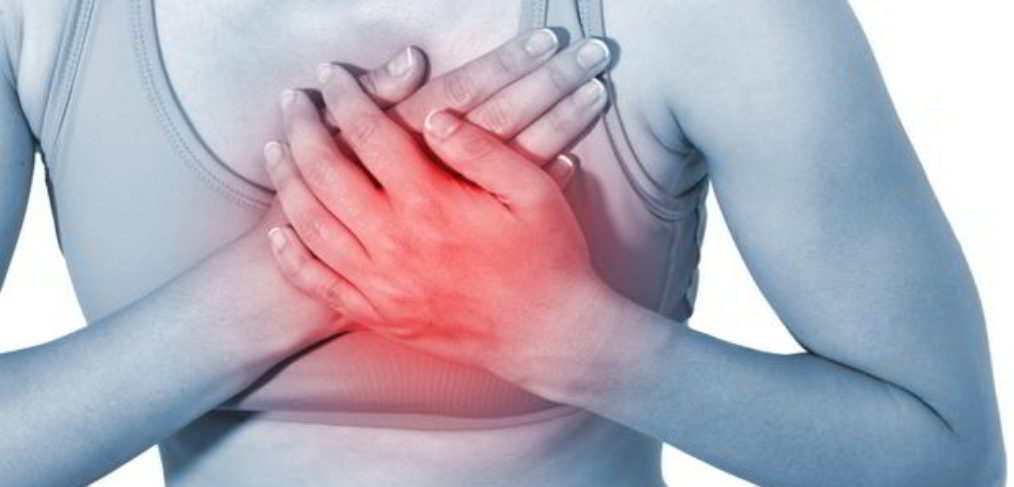
Craving a Heart Attack!
Do you crave breads, pastas, and sweets, – especially when you are under pressure? Too many refined carbs, along with too much stress, may be instigating heart disease for you – not the fat you are eating.
In paradigm-shattering research, Thomas Cowan argues in his newly-released Human Heart, Cosmic Heart, that fats are vital to heart function. Being an endurance muscle more than a sprinter, your heart relies on long-burning fats for fuel as opposed to flash-energy sugars.
Cowan reveals that not all heart attacks are accompanied by ruptured plaques, which have been incorrectly correlated with high-fat diets. But all heart attacks ARE preceded by a reduction of parasympathetic activity. You recognize the parasympathetic response as the rest-and-digest arm of the autonomic nervous system. The other half of the autonomic nervous system, of course, is the sympathetic response, which under a perceived threat, puts the body into flight-or-flight. It is characterized by dry mouth, dilated pupils, rapid pulse, shallow breathing, and inhibited colon function.
According to Cowan, chronic stress, followed by an acute traumatic event or physical exertion, causes heart attacks because of increased adrenaline production.
You may recall that adrenaline spurs glycolysis – the converting of stored sugars into ready fuel for an immediate dash to safety. Under chronic stress, adrenaline is continuously being released. When an acute trigger erupts, even the heart is forced into glycolysis.
“This redirects the metabolism of the heart away from its preferred and most efficient fuel sources, ketones and fatty acids,“ Cowan notes.
What happens next is a cascade of misfortune. Lactic acid builds up in the heart, just the same as it would in your calf muscles if you were fleeing a charging bull. This state of acidosis prevents calcium from entering the individual cells. Since calcium is needed for muscle contraction, your heart is unable to beat as forcefully. Edema – fluid retention – sets in. The combination of edema and acidosis deprives the cell of its nutrients and the tissue begins to die. You experience a heart attack. Thus, stress is to blame.
This is not to say that you can ignore plaque build-up in your arteries. Here is where a high-carb diet is implicated. Too many carbohydrates force your body into producing excess insulin to lower blood sugars away from diabetic levels. In another tragic cascade, high insulin causes insulin resistance. That, in turn, precipitates high blood sugar levels. These out-of-control blood sugars instigate fluid retention, high blood pressure, and inflammation. In response to inflammation degrading the blood vessel in critical places, your body responds with a “plaster cast” of plaque to shore up the vessel wall. Thus, plaque actually indicates too many sugars, rather than too much fat.
Cowan’s solution to heart disease is to de-stress and reduce inflammation. He recommends parasympathetic activities such as walking barefoot, getting out in nature, and nurturing positive relationships. His diet plan includes traditional fats, such as coconut oil, butter, and ghee rather than refined vegetable oils.
